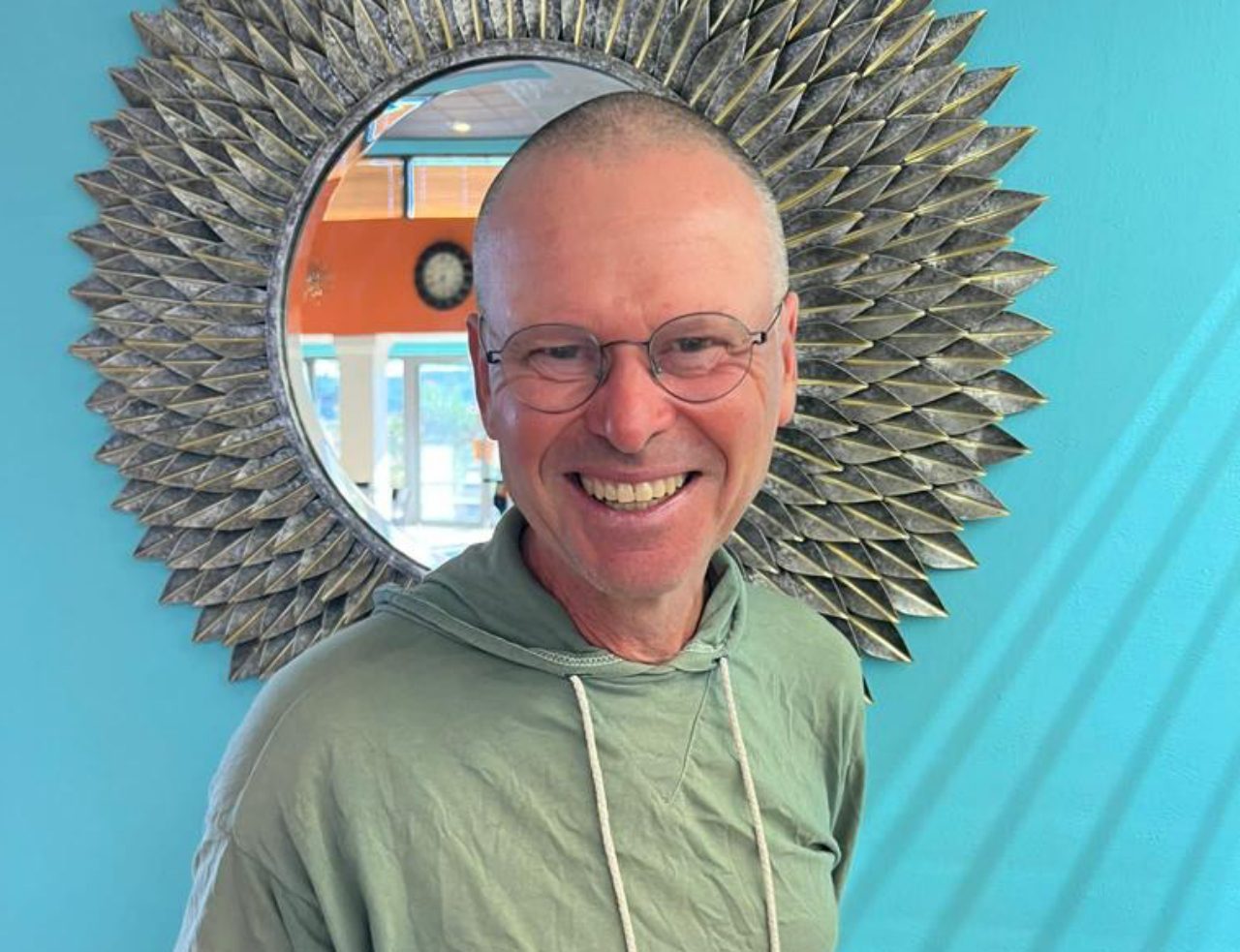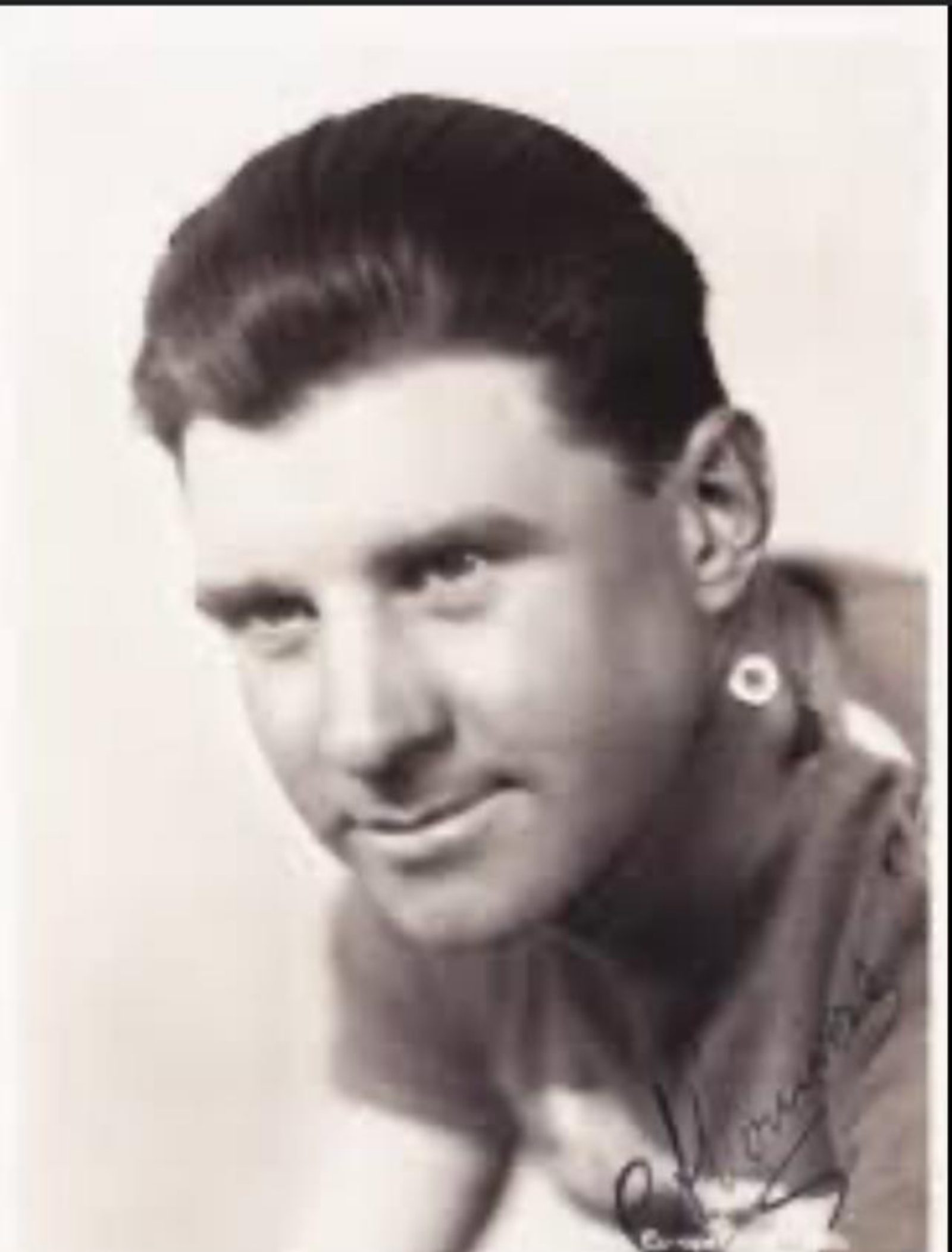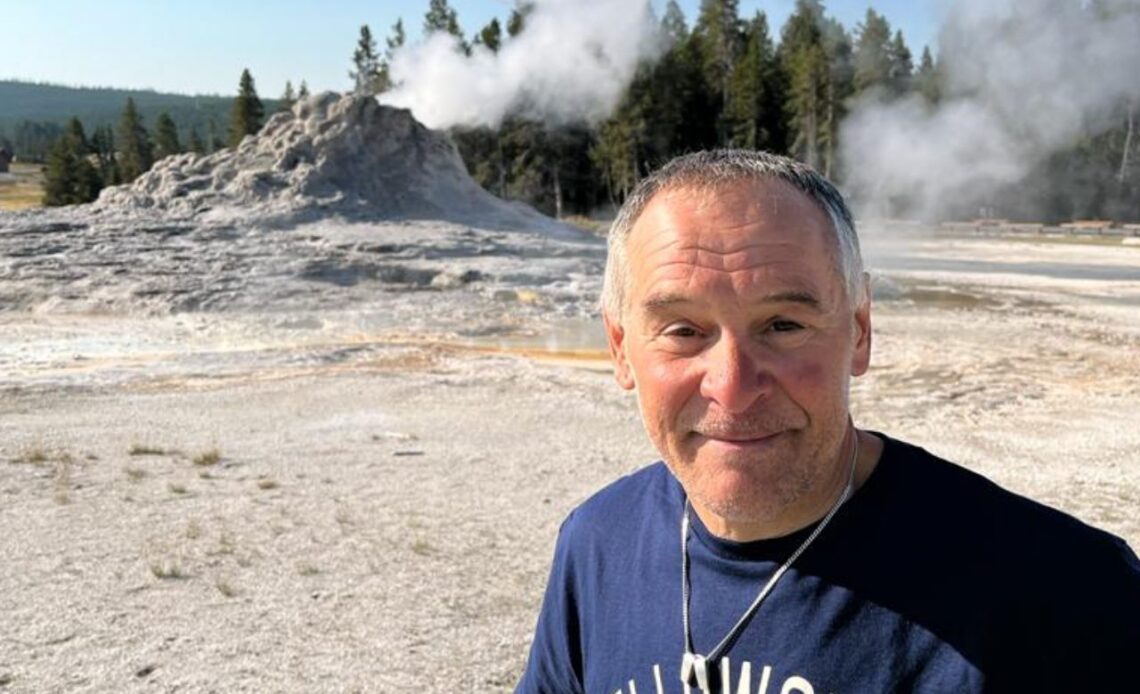Johan and Jan have been on the tour from the beginning at Tuktoyaktuk. They intrigued me. .I knew they were Flemish Belgians, a nation noted for its cycling tradition and for some of the great names in the sport. How did they fit into that tradition? Both were strong, determined cyclists who never yielded to the road. Yet they are a study in contrasts.
Johan has a propensity for discreet silence. Jan is often elaborating tales which are more like voiced conversations he is having with himself. Johan is older, 61. He is sturdy with the rugged good looks, broad shoulders and six-pack abs of someone dedicated to his workouts. Jan is only slightly younger, 58, with a round face that tends to the cherubic. He has a perpetual air of puzzled wistfulness. Johan is a solid, straight-ahead guy; Jan is quirky with a wry, zany humour. They could be a comedy team: Johan’s Zeppo Marx to Jan’s Chico.

Early on in our trek Johan joined forces with Hans and Kim. They were nicknamed “the Holy Trinity”, always on the road together. They’re the fast ones arriving at camp sites well ahead of the rest of us. Jan likes to ride solo. He can be fast but he prefers to take his time and explore.
For all their differences, Johan and Jan share a fierce determination to never give up. They ride each and every day regardless of any ills, discomforts or other obstacles thrown in their path.
I finally got a chance to sit down with each of them and find out more about their lives.
Johan was born in a small town near Ghent. His father was a weaver and his mother started cleaning schools but later opened a café where Johan hung out.
“From seven years old all I knew was coffee and beer,” he says with a laugh.
Cycling was in the family blood. His grandfather was a professional cyclist who was the runner-up in the inaugural race of the now classic La Flèche Wallonne (De Waalse Pijl), He went on to race internationally for a number of teams through the thirties. The war put an end to his career.

I did a little digging into Belgian bicycle culture. I found out how deeply rooted it was in families like Johan’s. An article by Stijn Knuts and Pascal Delheye (Sport, Work and the Professional Cyclist in Belgium, 1907-1940) noted that “bicycle racing was the country’s most popular and professionally organized sport before the war. Becoming a bicycle racer was an aspiration of many in the lower classes, the…
Click Here to Read the Full Original Article at Canadian Cycling Magazine…

